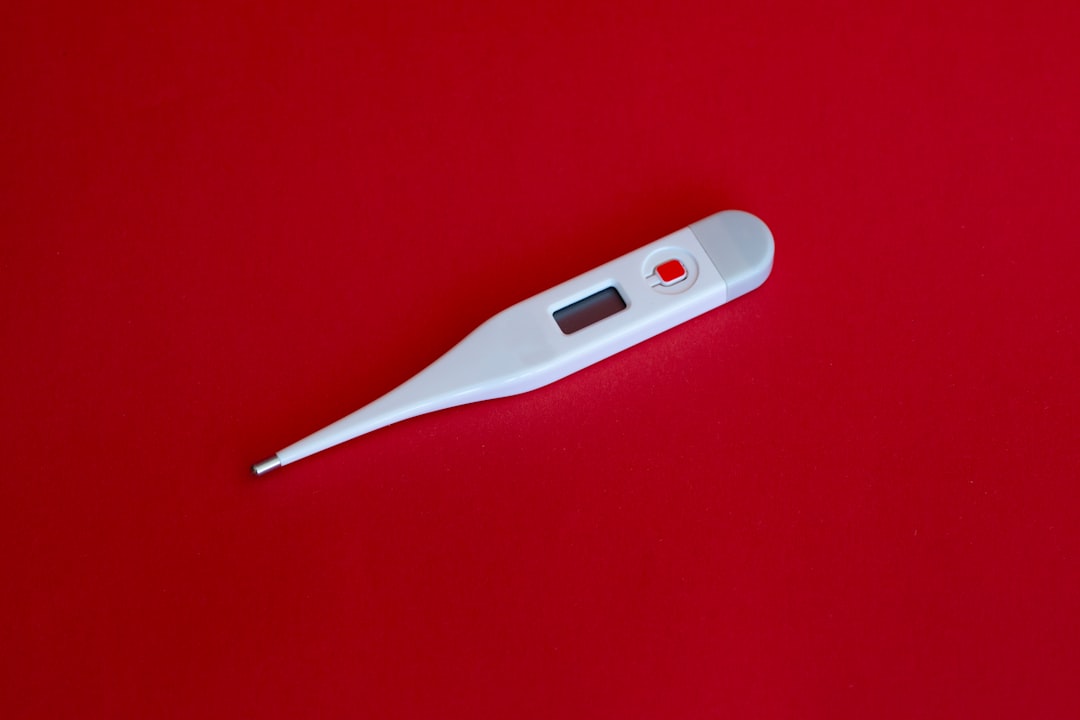What is it about?
This is a systematic review of 21 longitudinal studies that explored the effects of self-perceptions of ageing (SPA), using the Attitudes Toward Own Aging (ATOA) scale. The results provided direct and indirect support for Levy's Stereotype Embodiment Theory, which outlines how cultural stereotypes of ageing become embodied in our own ageing. The benefits of positive SPA have important public health implications for promoting usual and healthy ageing and what each individual can do for themselves.
Featured Image

Photo by Nikoline Arns on Unsplash
Why is it important?
The synthesis shows that there are no downsides to believing that your own old age is going to be "good". Some of the benefits are shown in better mental and physical health, and in better cognitive performance. Ageist stereotypes of frailty and cognitive decline become self-fulfilling prophesies whereas a positive, realistic view of the older adulthood mean that each person will embody this positive future for themselves and take steps to ensure their own healthy ageing.
Perspectives
We all hope to live long and happy lives and positive self-perceptions of ageing are something that each of us can do to make the most of our own ageing. My parents and grandparents were wonderful role models for the possibilities of old age, not denying their age-related changes but cheerfully embracing the opportunities that came their way. I see their examples as something to which I aspire - funny, active, and full of warmth and hope.
Prudence Millear
University of the Sunshine Coast
Read the Original
This page is a summary of: Self-perceptions of aging: A systematic review of longitudinal studies., Psychology and Aging, November 2021, American Psychological Association (APA),
DOI: 10.1037/pag0000638.
You can read the full text:
Contributors
The following have contributed to this page










